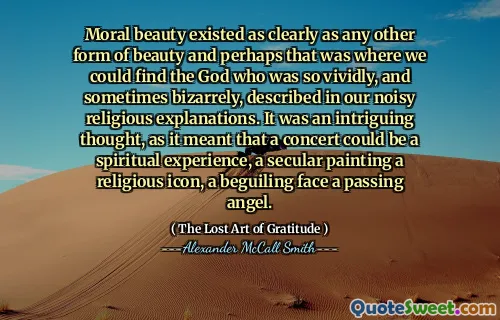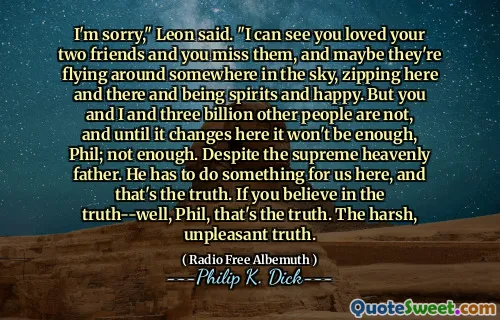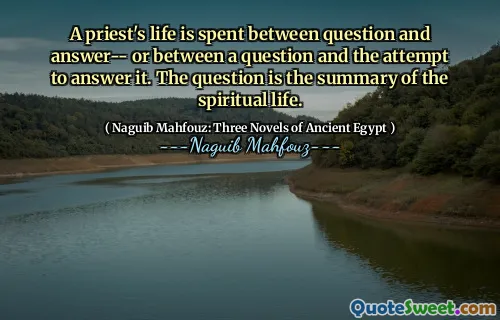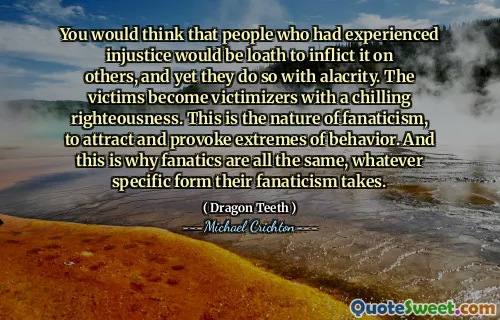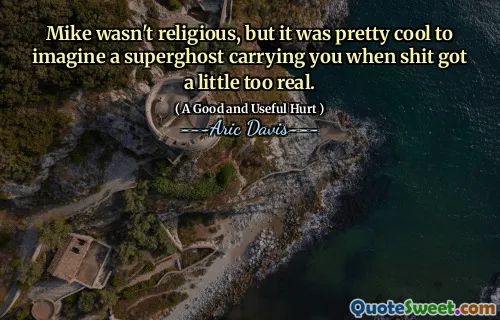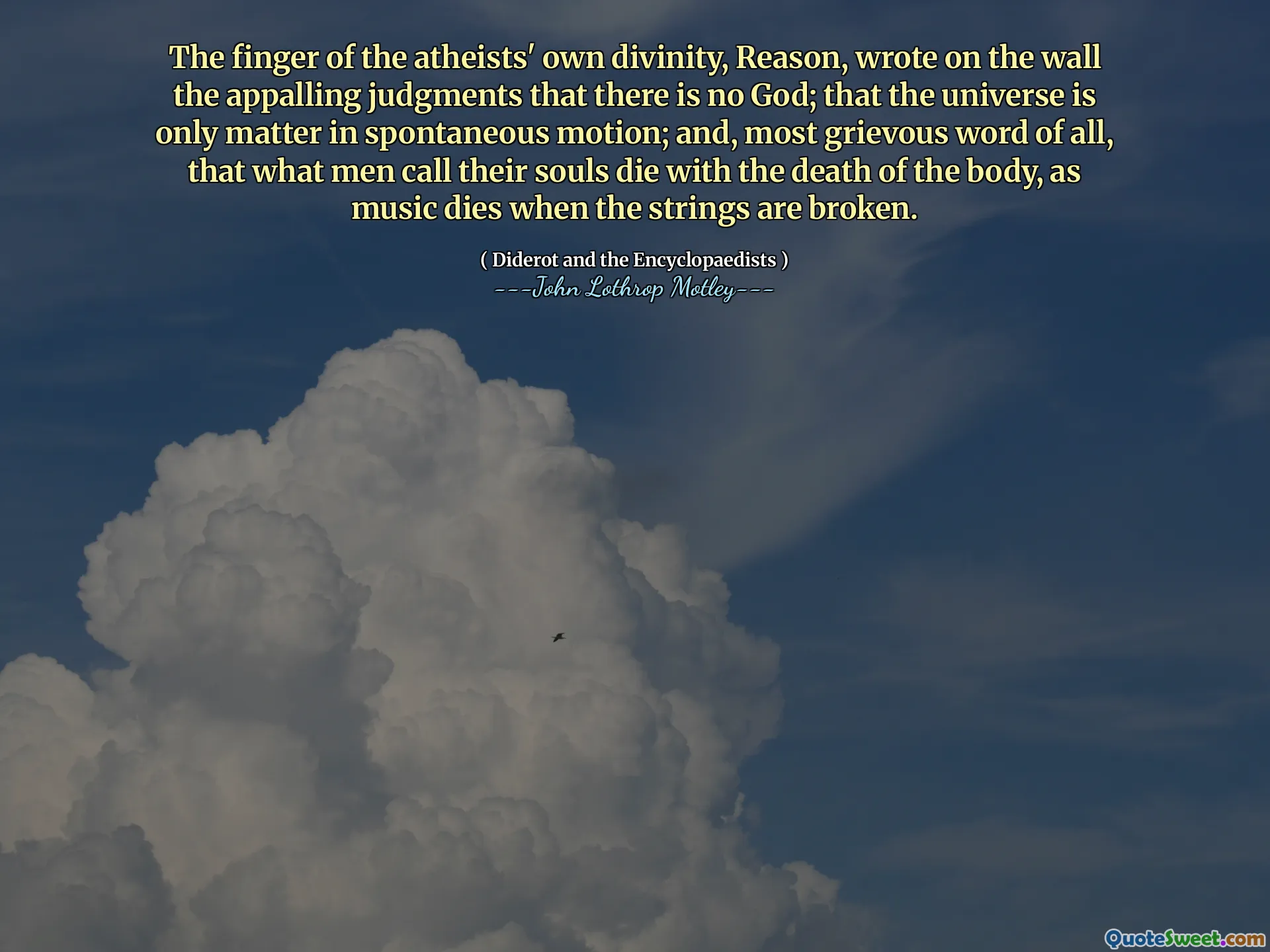
The finger of the atheists' own divinity, Reason, wrote on the wall the appalling judgments that there is no God; that the universe is only matter in spontaneous motion; and, most grievous word of all, that what men call their souls die with the death of the body, as music dies when the strings are broken.
This quote confronts the core assertions of a materialistic and atheistic worldview with stark clarity. It suggests that the very tool revered by many atheists—Reason—is also the instrument that delineates a worldview devoid of divine oversight. The phrase 'wrote on the wall' conjures an image of inevitable truth, as if reason itself has inscribed harsh realities that challenge faith and spiritual beliefs. The statement that there is 'no God' dismisses the possibility of a divine creator, framing the universe solely as a product of matter in spontaneous motion—an argument aligned with scientific naturalism. The assertion that souls perished along with physical bodies intensifies the materialist stance, denying continuity or existence of an afterlife, which historically has provided hope and moral grounding for millions.
Reflecting on this, one perceives a profound tension between empirical reasoning and existential meaning. Reason and science have undoubtedly revolutionized our understanding of the universe, providing explanations rooted in observable phenomena. However, this quote invites us to ponder whether these explanations can fully encompass the human experience, morality, and the sense of purpose. While rational inquiry reveals much about the universe's mechanics, it may fall short in delivering the moral or spiritual fulfillment many seek.
The quote ultimately underscores how such reasoning leads to conclusions about mortality and the end of individual existence, akin to music ceasing when its strings break—a poignant metaphor for the finality of human life devoid of spiritual continuity. It challenges us to consider whether a purely materialist view can sustain the meaning we assign to life and death, or whether it leaves an existential void that only faith or spiritual understanding can fill.

